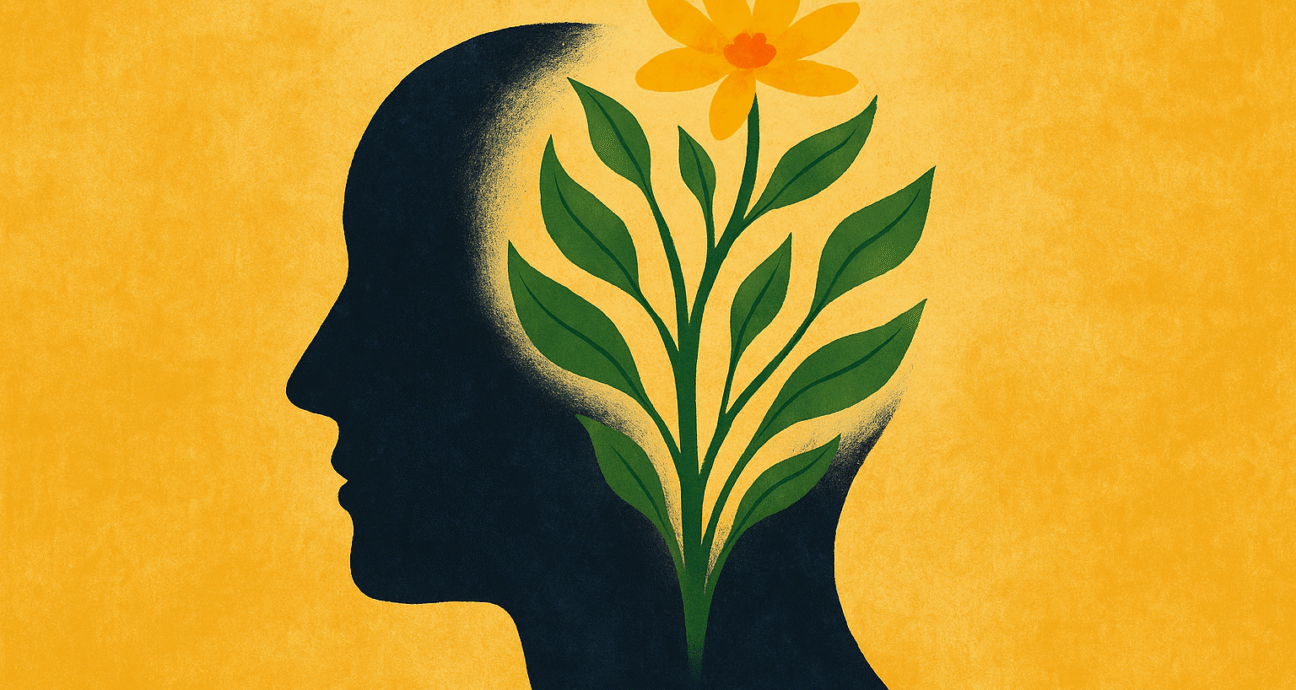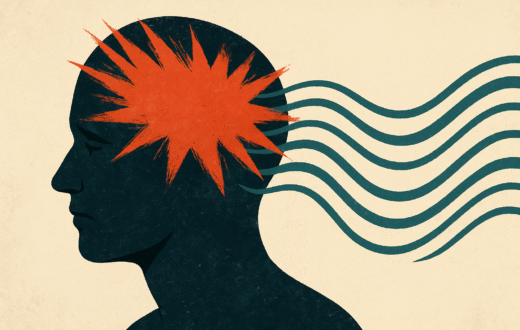Hope: The Emotion That Can Give Life Enduring Meaning

Recent research reveals that feeling hopeful—not just thinking hopefully—plays a unique role in giving life a deeper sense of meaning. A series of six studies by Edwards and colleagues in the United States and China, published in Emotion, found that the emotional side of hope predicts life meaning more strongly than many other positive feelings.
Understanding Life’s Meaning
Psychologists often describe meaning in life as having three pillars:
- Purpose – a clear aim or direction.
- Coherence – a sense that life events are ordered and make sense.
- Existential significance – the belief that one’s life matters.
A strong sense of meaning is linked to better mental health, stronger relationships, improved physical health, and resilience against stress or trauma. While emotions like nostalgia, awe, and gratitude are known to support life meaning, the emotional experience of hope has received far less attention than its motivational and cognitive aspects.
Beyond Thinking: The Feeling of Hope
In Snyder’s influential model, hope is primarily a thinking process—believing you can identify paths to your goals and stay motivated to follow them. Edwards and colleagues argue this leaves out a critical element: the felt experience of expecting something good in the future.
Hope’s unique power lies in its ability to sustain people through uncertainty and hardship, offering a sense of continuity and purpose when other positive emotions may be harder to access.
The Six Studies
- Studies 1–2: Showed that hopeful feelings predicted life meaning, even after controlling for general positive mood and the cognitive side of hope.
- Study 3: Daily hope predicted daily meaning, regardless of other emotions.
- Study 4: Hope at the start of a semester predicted life meaning months later.
- Study 5: Hope explained how positive feelings boost meaning.
- Study 6: Inducing hope increased perceived life meaning compared to inducing hopelessness.
Across all six studies—using surveys, diaries, longitudinal data and experiments—hope emerged as a consistent and powerful predictor of life meaning, independent of other positive states.
Practical Ways to Nurture Hope
- Read uplifting or solution-focused stories.
- Write about moments in your life that made you feel hopeful.
- Look at symbolic images like babies or young plants, which represent growth and renewal.
These small, intentional actions can shape your emotions, strengthen hope and enrich your sense of meaning in everyday life.





